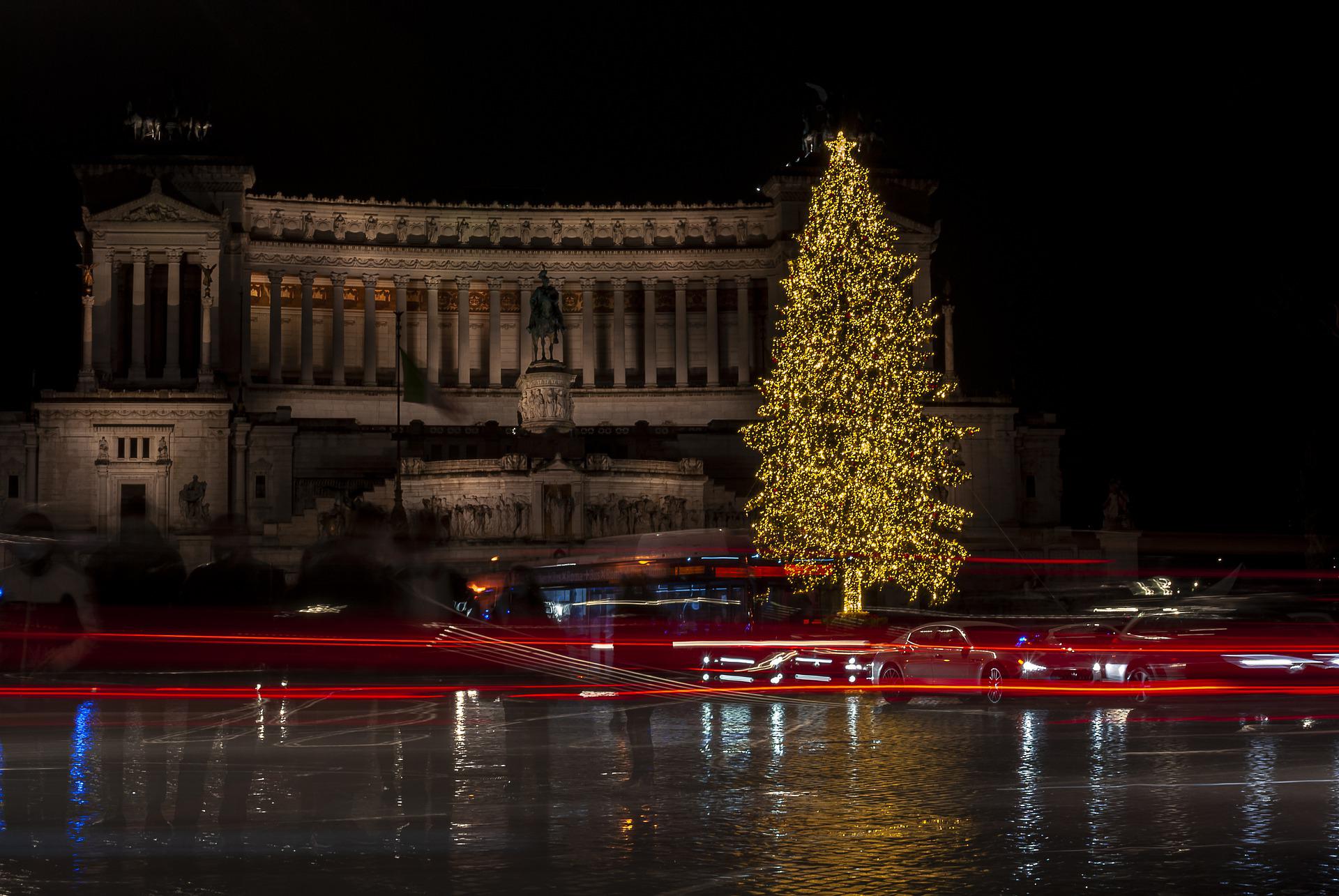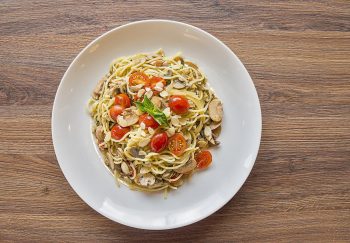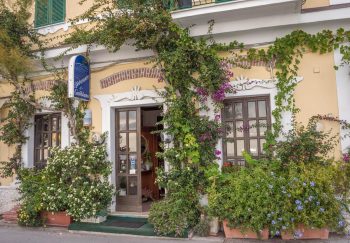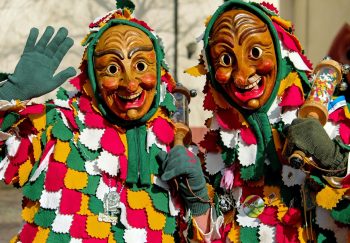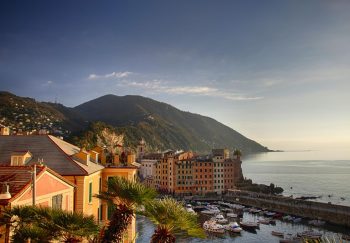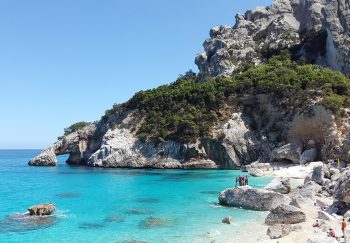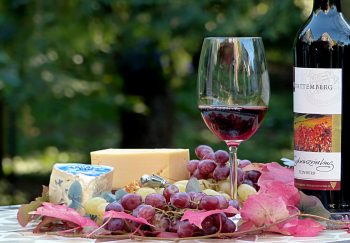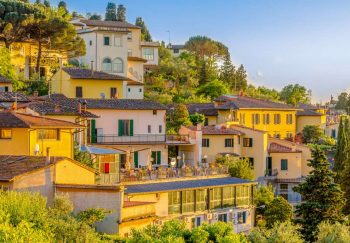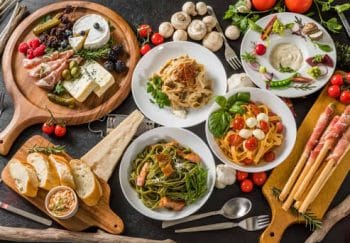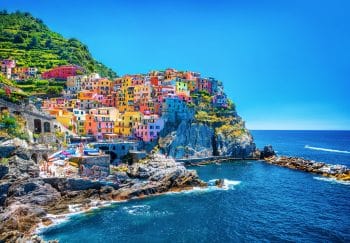Christmas is a major holiday for Italy… so it’s no surprise that Italians have many great traditions. Natale is a holiday that is family-oriented in Italy. It’s a time for staying at home and eating. Spend time with your loved ones. However, customs vary from one city to the next, from when to open presents to what dishes are served. This makes every region a unique place to spend the holidays.
Do you want to live Christmas as an Italian? These are the most celebrated Christmas traditions in Italy and how you can celebrate them!
Christmas Season
Italians begin decorating Christmas trees and start the Christmas season on December 8, the Day of the Immaculate Conception.
In some countries, Thanksgiving (or Halloween) is the start of the Christmas season. The start of the Christmas season is signaled by Thanksgiving in other countries. However, in Italy, Christmas officially begins with the Day of the Immaculate Conception of Mary, December 8. This is the time decorations are put up on Italian streets and in homes, and it’s also when Christmas markets begin.
You can find decorations and large Christmas trees on main piazzas like the Colosseum and Milan’s Piazza Dumo. Babbo Natale spreads holiday cheer.
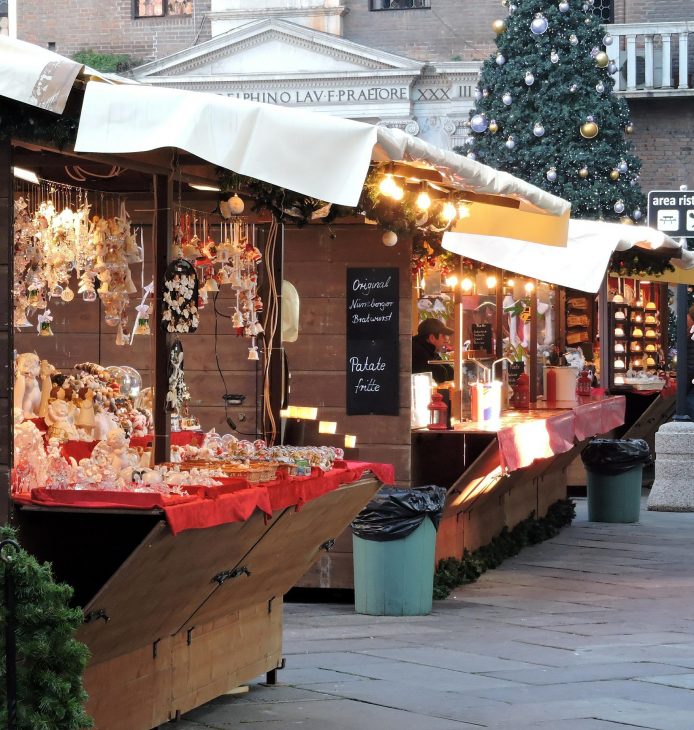
This holiday, which is both state-sanctioned and religious (meaning that many offices and businesses will close on December 8,) has no connection whatsoever with Mary’s conception. It celebrates the day that the Church declared that Mary was not contaminated by original sin. (No, it is not true that Mary was only pregnant for three weeks. ).
For more information on these unique markets, visit our blogs on Italy’s 10 Best Christmas Markets and Venice’s Christmas Markets.
Go caroling during the eight days leading up to Christmas – be sure to keep your eyes open for bagpipers!
The Novena is a period of eight days that precede Christmas. It’s also called the Novena. You should keep an eye out if you are in Rome, Sicily or southern Italy for the zampognari (or bagpipe players) who travel from nearby mountains to perform their folklore carols.
Preseti, presepi and more presepi
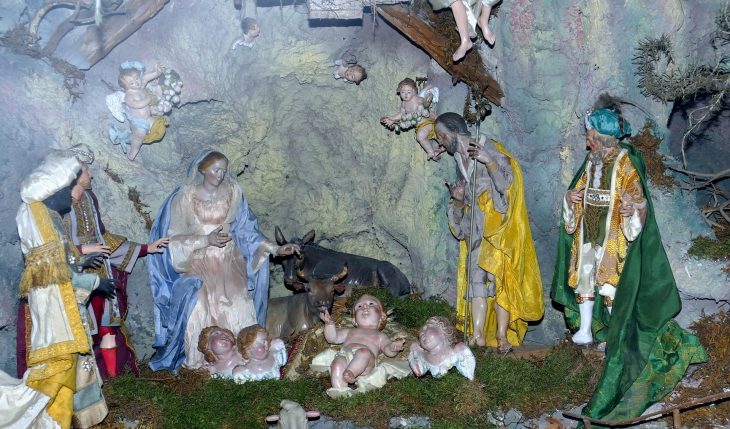
Preseti (nativity scenes) are also displayed in churches and piazzas, along with fancy lights, wreaths, and trees. In many areas of the country, artisans still craft these elaborate works of art by hand. You can visit Naples, a southern Italian city that is famous for its hand-made presepi. There are still streets lined with workshops devoted to this craft. These are just 9 reasons to visit Naples. ).
On Christmas Eve, don’t eat any meat
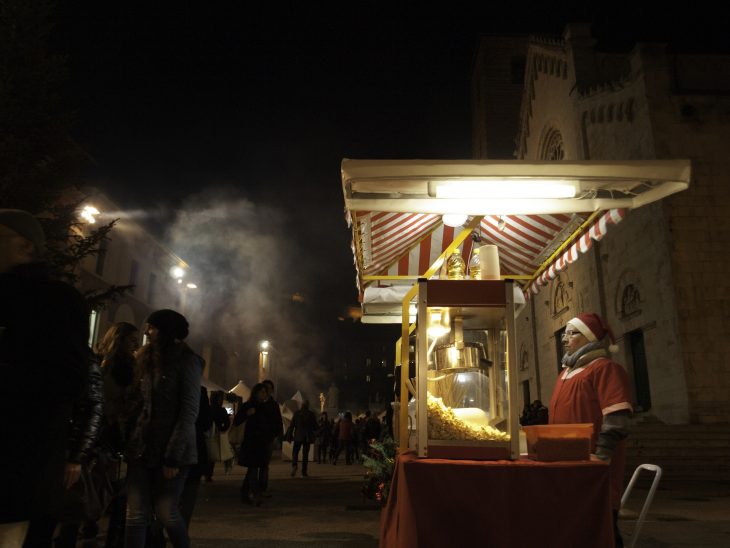
It is important to prepare and purify your body for Christmas Day. The Italians do not eat meat on Christmas Eve (la Vigilia). While the goal is to eat lean meats, many people enjoy multiple courses of fish…sometimes seven! You can also read our How to Have an Italian Christmas Dinner post for more information and recipes.
But, do you go to midnight Mass? Or ski?
Many Italians celebrate their family dinner with a midnight Mass at the local church afterward. Some Romans go to the Vatican to celebrate Mass with the Pope. ).
Traditions vary from one city to the next. Up north in Cortina D’Ampezzo, the Dolomite Mountains welcomes Christmas with thrill-seekers who ski down the slopes at midnight.
Christmas Day: Eat away
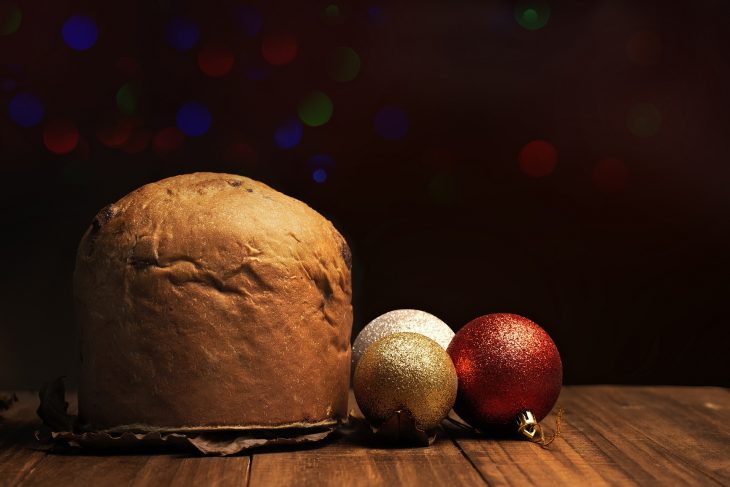
Italians usually invite their friends and family to a Christmas Day large meal that lasts all day after the Christmas Eve “light” dinner. Traditional dishes such as pasta in brodo (pasta with broth), roasts, and panettone are some of the many traditions that Italians save for. You might like the idea of this. Check out our post on Italy’s sweet Christmas bread. This includes panettone, pandoro, and many more. ).
The celebrations don’t stop on December 25
Many families gather to eat leftover Christmas dishes, and sweets and celebrate Santo Stefano’s national holiday.
However, the official end of the Christmas season is not until January 6th, which is the Day of the Epiphany and the 12th day of Christmas. Families usually host a big dinner on the Epiphany to celebrate the end of the holiday season. Children are often given coal or candy (usually made from black sugar), depending upon their behavior. The Christmas markets will close on January 6th and decorations will begin to fall.
It all depends on where you are in Italy when you want to exchange gifts!
Ask an Italian what happens when her family opens presents. It might be a clue as to where she is from. Christmas Day is a common day for gifts to be exchanged after lunch, sometimes with the belief that Jesus delivered them. Some northern Italian cities, however, believe that Saint Lucia the Blind brings gifts to children on December 13th. They open them that morning.
Other families might wait until January 6. La Befana is a type of “good witch” that is believed to have been following the wise men but lost and dropped off presents on the Epiphany. In Bologna and Rome, la Befana is a tradition. The main piazzas host children’s activities. In Venice, the locals believe la Befana comes every year by boat. (Here’s more information on la Befana. Don’t miss the chance to see la Befana through a 5-year-old Roman’s eyes!
